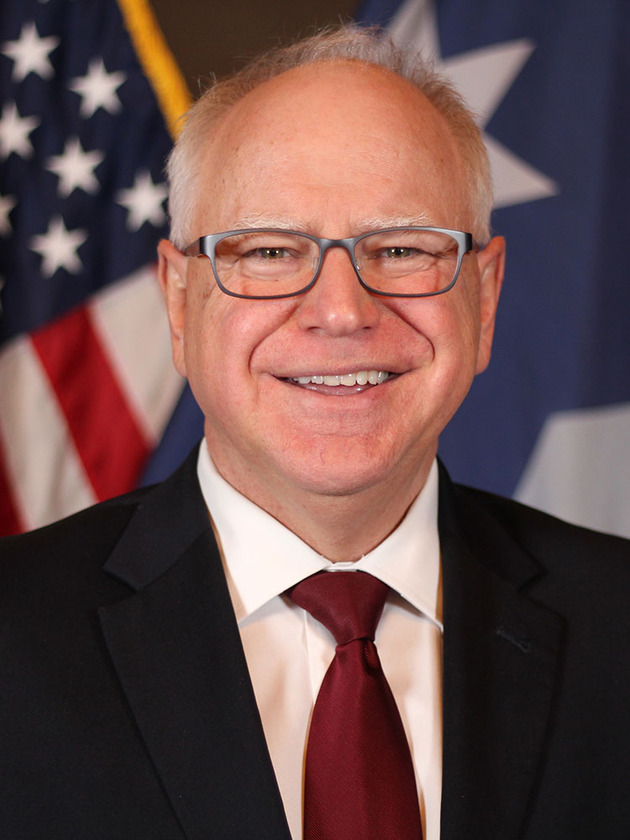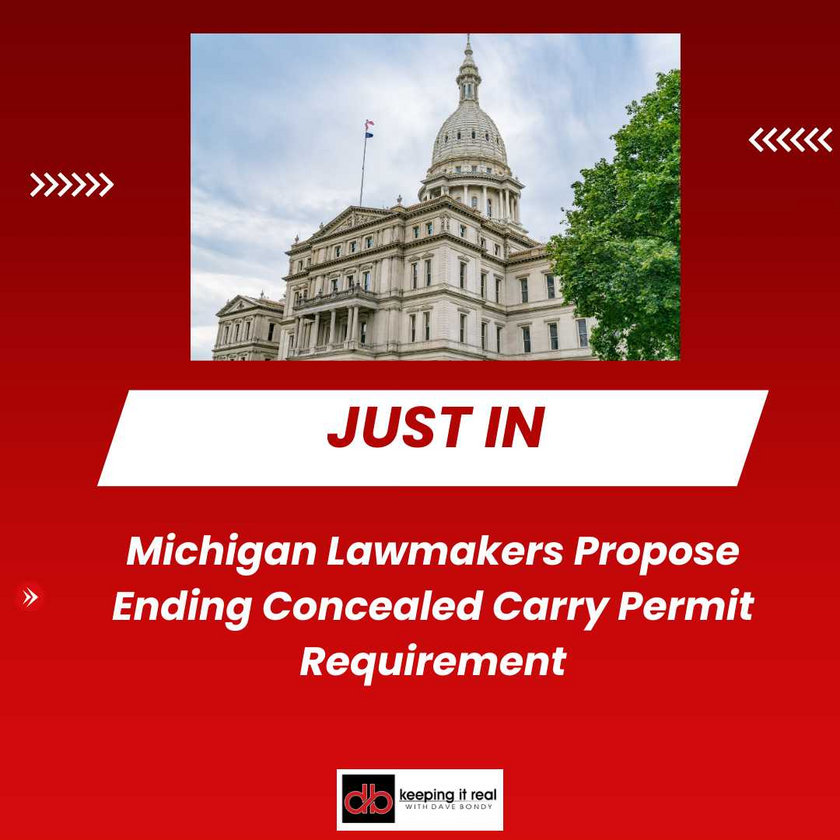Vice President Kamala Harris selected Waltz as her running mate on Tuesday, allying herself with the most far-left choice among those on her short list. Here is a summary of the seven key points about Walz's record:
Mismanagement of Federal Funds: A June report from Minnesota's legislative auditor criticized Walz's administration for failing to properly oversee federal funds intended for nonprofits to feed children, creating opportunities for fraud. The report contradicted Walz's claims that his agency staff deserved credit for their efforts to stop fraud.
Legislation on Gender and Schools: Walz signed legislation allowing minors to undergo sex-change operations in Minnesota and required schools to stock period products in boys' bathrooms.
Response to Minneapolis Riots: Walz was criticized for his handling of the riots in Minneapolis following George Floyd's death. Minneapolis Mayor Jacob Frey also criticized his response.
Free College Tuition for Illegal Immigrants: Under Walz's leadership, Minnesota offers free college tuition to illegal immigrants.
Driver’s Licenses for Illegal Aliens: Walz signed a bill allowing approximately 77,000 illegal aliens to obtain driver's licenses.
The state’s unemployment rate was 2.9% in June, which tied for 11th lowest with four other states, according to the US Bureau of Labor Statistics. It has been at 3% or less since November 2021.
That’s lower than the national unemployment rate, which was 4.1% in June and has mainly hovered in the mid- to high-3% range since early 2022.
In his first race for Congress, Walz upset a Republican incumbent. That was in 2006, when he won in a largely rural, southern Minnesota congressional district against six-term Rep. Gil Gutknecht. Walz capitalized on voter anger with then-President George W. Bush and the Iraq war.
In his first term as governor, Walz faced a Legislature split between a Democratic-led House and a Republican-controlled Senate that resisted his proposals to use higher taxes to boost money for schools, health care and roads. But he and lawmakers brokered compromises that made the state’s divided government still seem productive.






















